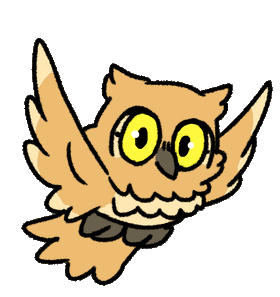Greetings, hero!
It is with the gravest tone I write to inform you that I have learned we have an imposter in our ranks. I didn’t think it was so, but here we are, and I wanted to address it post-haste: yes, I’m told some of you don’t feel like heroes. That beyond the ordinary ups and downs of not feeling very strong, brave, or heroic, many of you feel as though you tricked your way into the rank and file of heroes who are fundamentally different than you, and you are, in fact, an imposter.
I’ve read with some interest the many resources created over the last several years about imposter syndrome: the belief that you’re just an imposter who has somehow managed to trick all the smart, intelligent people in your life into believing that you’re actually capable of doing things well. Whether it’s a job, position of responsibility, or just expertise in some field, you feel like your abilities are less in what people think and more like those of a top-tier con artist.
Most of the things I’ve read and heard people say about imposter syndrome go something like this: everyone feels imposter syndrome, all the people you look up to either feel this or have felt it, and you should feel empowered that you didn’t get to where you are by accident or you wouldn’t still be there. And that’s somewhat true. But I think it overlooks the bigger point—that imposter syndrome, rightly considered, is actually a gift.
There’s a term in martial arts and Buddhism called shoshin—roughly translated, it reads “beginners mind.” The idea is this: paradoxically, it is the status of success that stops you from attaining more success. The belief that you are an expert stops you from learning anything more. How could you learn anything more? You’re the expert! Your very status stops you from doing what got you that status in the first place.
That’s the idea that shoshin is driving at—to, instead of taking your work as a symbol of status, to treat it as merely the place that you are starting from today. To let go of any success you’ve had up until this point and treat all your experience as the foundation to be a beginner again.
Stoic philosopher Epictius said it this way: “you cannot learn that which you already know.” And that’s why imposter syndrome is such a gift: because every time you feel it, you know you’re doing the work again. You’re taking all your experience, wisdom, and knowledge, and letting it become your new foundation—the place from which you can once again contend with a problem that is genuinely new.
Think of the people who never feel imposter syndrome (or who merely feel it and deny it): they have to keep solving new problems the old way. They’re the people who can never be corrected, who would rather have their idea than the right idea. They’re the people afraid of challenges, of people being smarter than them, because they’re afraid that their self-perceived status as an expert is going to be challenged.
But if you lay aside that self-perception—if you embrace shoshin, the beginner’s mind—then you can welcome the feeling of being an imposter. Because when you feel it, you know you’re not an imposter: you know that you’re doing the work. The same way you did it once before. You’re climbing the mountain, which never gets easier, only more known.
And one last thing… I’ve been in the hero business long enough to know one when I see one. I may be old, but don’t think you can fool this mentor!
May the road rise up to meet you!
The Mentor



